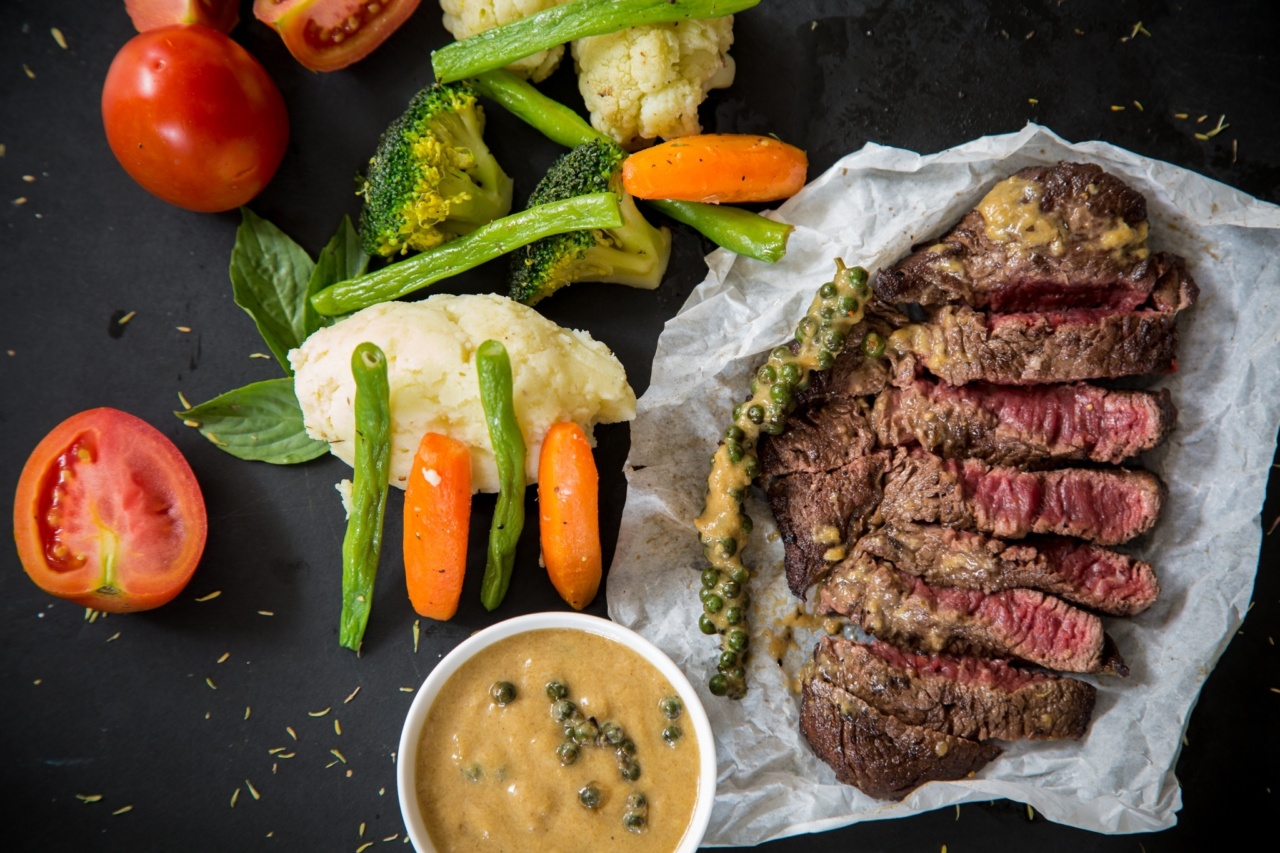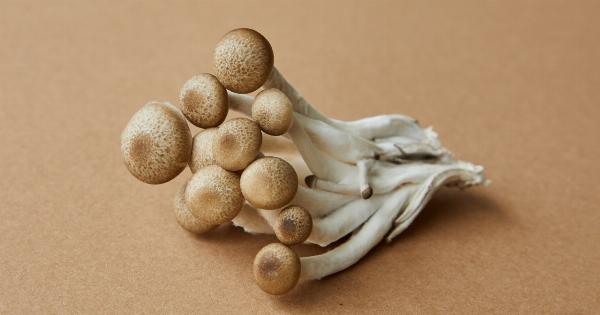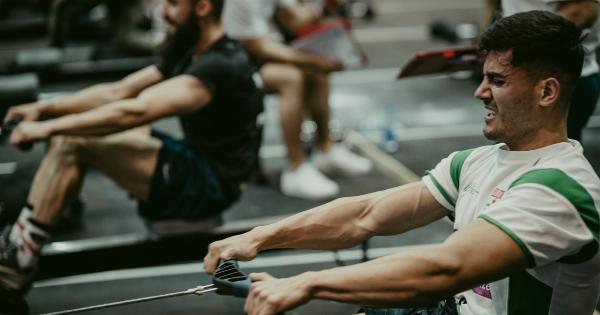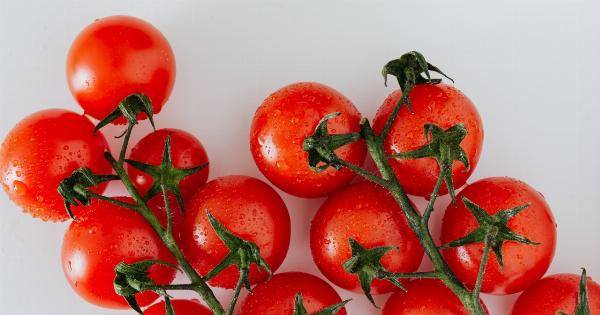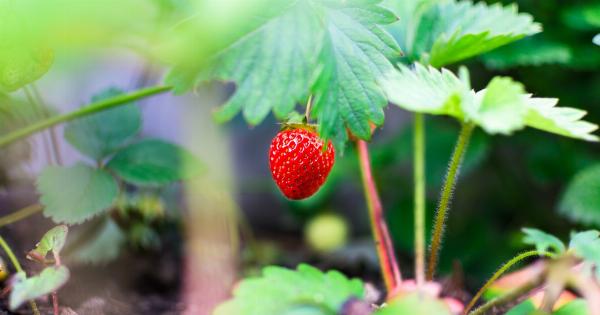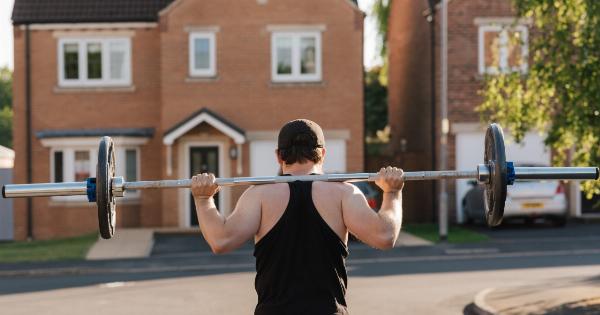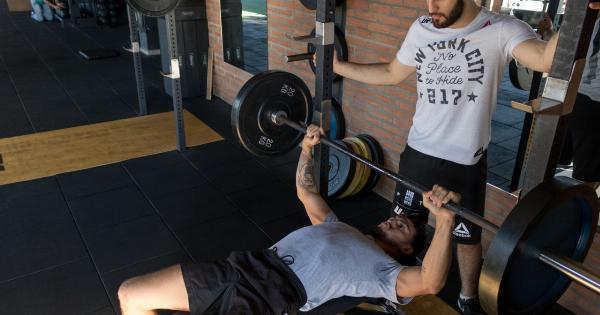Protein is an essential macronutrient that plays a crucial role in muscle building and repair. For bodybuilders, protein is especially important as it provides the building blocks required to support muscle growth and recovery post-workout.
Protein Synthesis and Muscle Growth
When bodybuilders engage in resistance training, they subject their muscles to intense stress, leading to microscopic damage.
In response to this stimulus, the body initiates protein synthesis, a process where new muscle proteins are formed to repair and strengthen the damaged muscle fibers.
Protein Requirements for Bodybuilders
The recommended daily protein intake for sedentary individuals is generally 0.8 grams per kilogram of body weight. However, bodybuilders and athletes have higher protein requirements due to their increased muscle mass and training intensity.
Calculating Protein Intake
To determine the protein intake necessary for bodybuilders, it’s important to consider factors such as body weight, training goals, and workout intensity.
A commonly followed guideline is to consume around 1.6 to 2.2 grams of protein per kilogram of body weight for optimal muscle growth and recovery.
The Timing of Protein Consumption
While meeting overall daily protein needs is crucial, the timing of protein consumption also plays a significant role in maximizing muscle protein synthesis.
Consuming protein-rich meals or snacks before and after workouts can enhance the body’s ability to recover and build muscle.
Protein Sources for Bodybuilders
Bodybuilders have numerous options for incorporating high-quality protein into their diets.
Some popular protein sources include lean meats (such as chicken and turkey), fish, eggs, dairy products (such as milk, yogurt, and cottage cheese), legumes, tofu, and protein supplements (whey, casein, and plant-based protein powders).
The Importance of Protein Quality
Not all proteins are created equal. The quality of protein depends on its amino acid composition and digestibility. High-quality proteins, often referred to as complete proteins, contain all essential amino acids required by the body.
Animal-based protein sources like eggs, dairy, and meat are considered complete proteins. While plant-based proteins may lack certain essential amino acids, combining different plant protein sources can help achieve adequate protein quality.
Potential Risks of Excessive Protein Intake
While protein intake is essential, consuming excessively high amounts may have certain risks. Some potential risks of excessive protein intake include strain on kidney function, dehydration, nutrient imbalances, and increased excretion of calcium.
It is important for bodybuilders to balance their protein intake with a well-rounded and varied diet.
Considerations for Vegetarian and Vegan Bodybuilders
Vegetarian and vegan bodybuilders may find it challenging to meet their protein needs solely from plant-based sources.
However, with careful planning and the inclusion of a variety of protein-rich foods such as legumes, tofu, tempeh, quinoa, and seitan, they can still meet their protein requirements. Additionally, plant-based protein supplements can be helpful for those who struggle to reach their protein goals through diet alone.
Monitoring Progress and Adjusting Protein Intake
Each individual’s protein needs may vary based on factors like body composition, training intensity, and goals. Bodybuilders should monitor their progress and make adjustments to their protein intake as necessary.
Working with a qualified sports nutritionist or dietitian can be beneficial in determining personalized protein requirements.
Conclusion
Protein is crucial for bodybuilders as it supports muscle growth and repair. The recommended protein intake for bodybuilders ranges from 1.6 to 2.2 grams per kilogram of body weight.
By consuming high-quality protein sources and timing their intake strategically, bodybuilders can optimize their muscle-building potential and enhance their overall performance.
